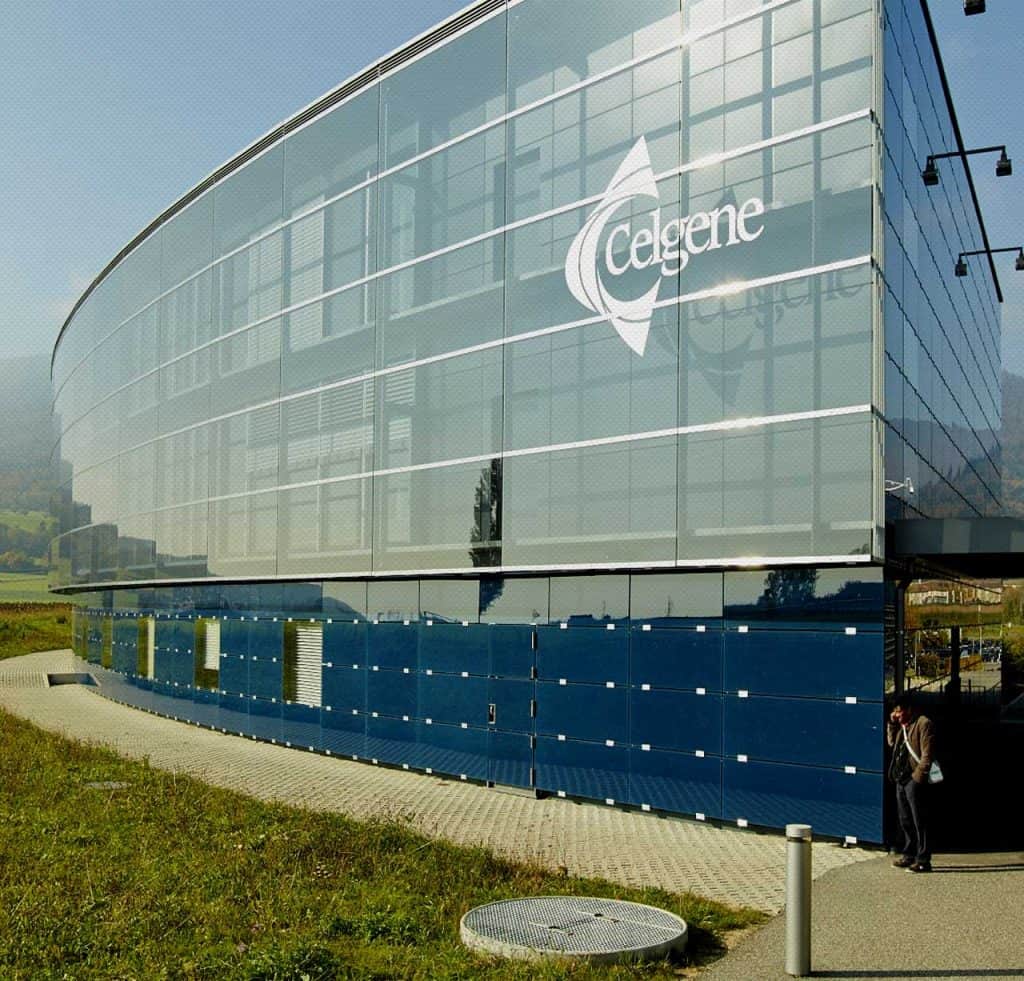
NICE recommends Celgene’s REVLIMID for multiple myeloma
pharmafile | January 27, 2021 | News story | Research and Development | Cancer, Celgene
NICE has issued a Final Appraisal Document (FAD) recommending Celgene’s REVLIMID (lenalidomide) as maintenance treatment after an autologous stem cell transplantation (ASCT) for newly diagnosed multiple myeloma in adults.
From today, approximately 1150 eligible patients in England will have immediate access to lenalidomide as a treatment option, with interim funding provided via the Cancer Drugs Fund before transferring to baseline commissioning.
Lenalidomide is the first treatment to be made available on the NHS in this setting, and provides an alternative to the standard ‘watch-and-wait’ approach, allowing patients to receive active treatment to keep their cancer in remission.
Multiple myeloma is a cancer that affects the production of plasma cells in the bone marrow and in turn impacts the body’s immune system. It is characterised by a ‘relapsing-remitting’ pattern, which means that the disease goes through periods where the cancer is active and needs treatment, followed by periods where it is under control. Each time the cancer relapses, the length of time spent in remission shortens. The objective of maintenance therapy is to control the cancer during the period of remission and delay relapse of the disease.
Across the UK, around 1,500 newly diagnosed multiple myeloma patients undergo an ASCT each year, and most of them will eventually relapse. The first remission is a critical period for people with multiple myeloma, as it can be an indicator of the overall survival of the disease – and it has been shown that effective maintenance therapy could be essential to long-term survival.
Graham Jackson, Professor of Clinical Haematology at Newcastle upon Tyne NHS Foundation Trust, said: “Multiple myeloma is a relapsing-remitting disease where the goal of treatment is to ensure long periods of remission and a good quality of life. Maintenance therapy is integral to achieving this, particularly for newly diagnosed patients who have received a stem cell transplant.
“Having lenalidomide within our treatment armoury on the NHS will transform the way we manage the early stages of multiple myeloma. In clinical studies maintenance therapy has been shown to almost double the initial period of remission for this group of patients, so it is fantastic to be able to offer active treatment which can help to keep the cancer at bay.”
Following the publication of NICE’s recommendation, the NHS in Wales is expected to provide funding and resources for lenalidomide in this setting within two months. The treatment is already available on the NHS in Scotland and in Northern Ireland.
Darcy Jimenez
Related Content

Geneos Therapeutics shares data from phase 1/2 trial for cancer vaccine
Geneos Therapeutics has announced that it has published positive safety, immunogenicity and efficacy data from …

Curve Therapeutics’ CSO publishes research on HIF inhibition for cancer treatment
Curve Therapeutics has announced that its chief scientific officer, Professor Ali Tavassoli has published research …

Verastem Oncology gains Fast Track Designation for combination NSCLC treatment
Verastem Oncology has announced that the US Food and Drug Administration (FDA) has granted Fast …








